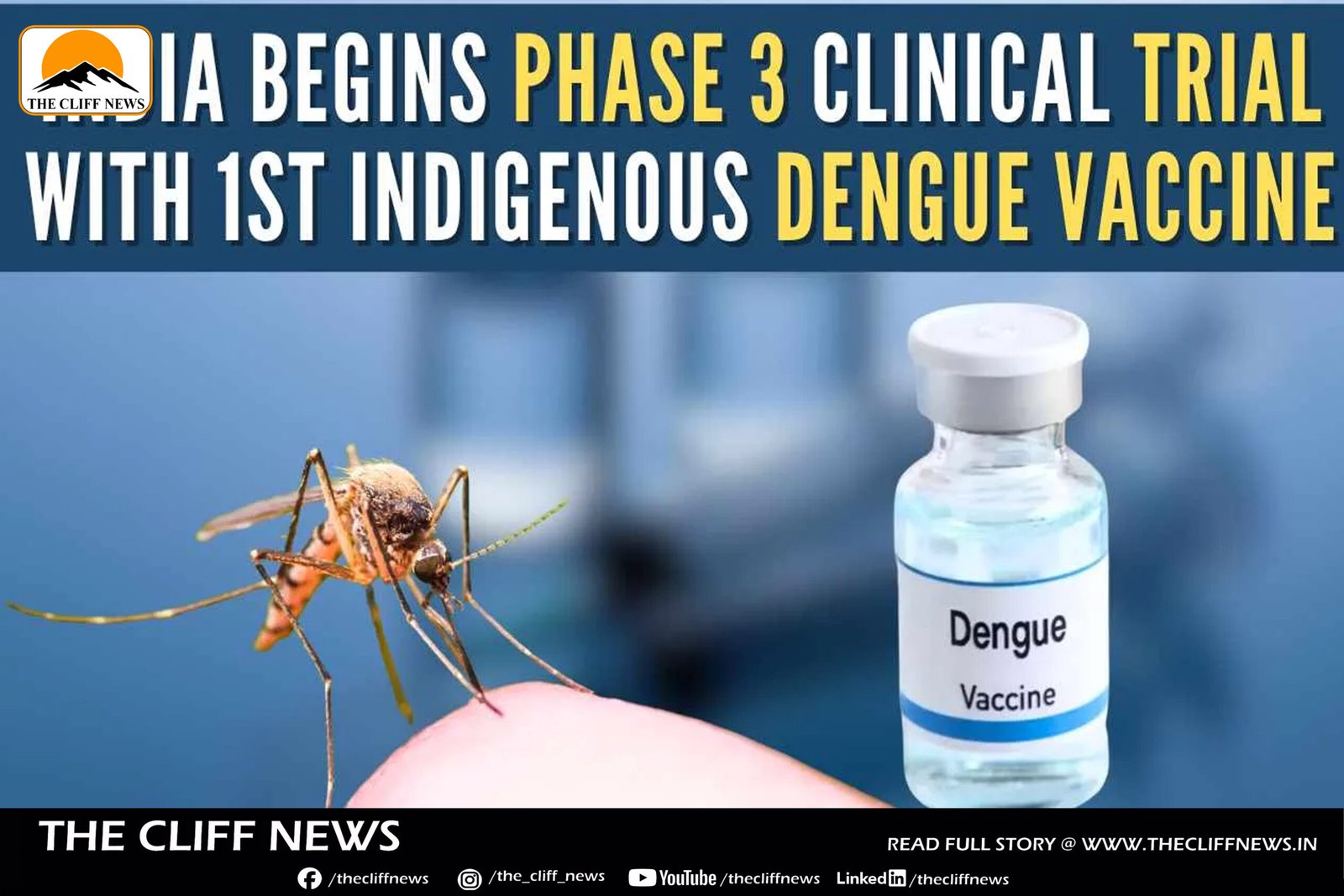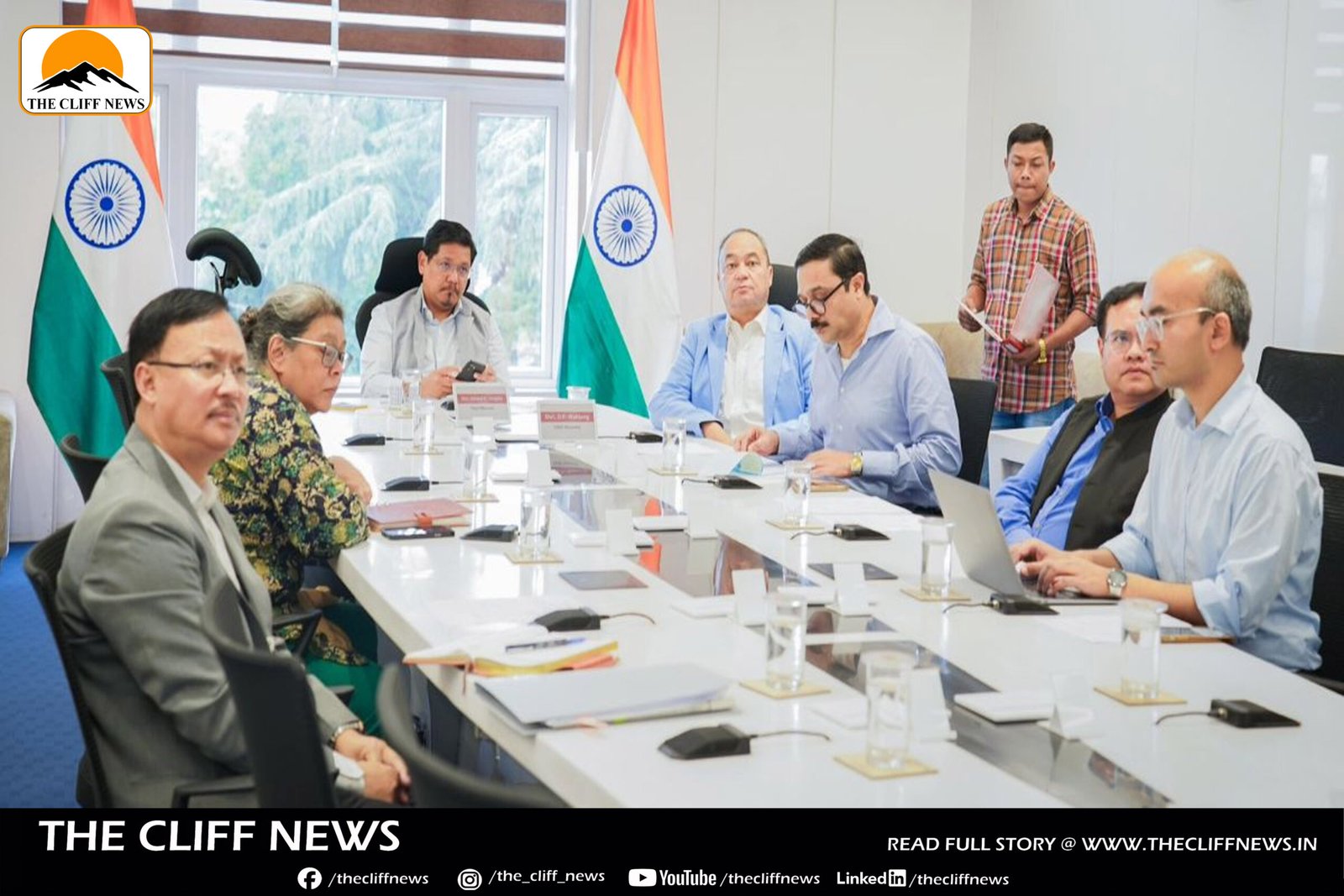India is inching closer to a potential breakthrough in dengue prevention as the Phase-III clinical trial of DengiAll, a one-shot tetravalent dengue vaccine developed by Panacea Biotec, progresses rapidly. The trial, being conducted across 20 centres nationwide, is expected to complete participant enrolment by October 2025, according to scientists from the Indian Council of Medical Research (ICMR).
So far, over 8,000 volunteers from cities like Pune, Chennai, Delhi, Kolkata, and Bhubaneswar have already received either DengiAll or a placebo, with the final goal being the inclusion of approximately 10,500 participants.
A Significant Milestone in Public Health
DengiAll represents India’s first indigenously-developed single-dose dengue vaccine, co-led by ICMR institutions such as:
- ICMR-National Institute of Translational Virology and AIDS Research, Pune
- National Institute of Epidemiology (NIE), Chennai
- National Institute of Virology, Pune
According to Dr. Manoj Murhekar, Director of NIE, early results from Phase 1/2 trials indicate no safety concerns, and the current Phase-III trial aims to evaluate the efficacy, long-term immunity, and safety of the vaccine. Participants will be followed up for two years.
The trial, which began in August 2024, is multi-centre, double-blind, randomised, and placebo-controlled. The first participant was vaccinated at PGIMS Rohtak.
Why a Tetravalent Vaccine Matters
Dengue is caused by four serotypes (DEN-1 to DEN-4), and infection with one serotype provides little to no immunity against the others. This poses a challenge in vaccine development, as a successful candidate must protect against all four.
India sees co-circulation of all four serotypes in many regions, making a tetravalent vaccine like DengiAll especially critical.
Vaccine Origins and Global Standing
The vaccine strain, TV003/TV005, was originally developed by the National Institutes of Health (NIH), USA. It showed promising results in trials conducted in Brazil, and Panacea Biotec is currently the most advanced Indian company working with this strain. The company holds a process patent for its vaccine formulation.
India is one of the top 30 countries most affected by dengue. In 2024, the country reported over 2.3 lakh cases and 297 deaths. Alarmingly, 75–80% of infections are asymptomatic, yet still transmissible through Aedes mosquitoes.
Children at Higher Risk
Among the 20–25% symptomatic cases, children are particularly vulnerable to severe forms of the disease, including dengue hemorrhagic fever and dengue shock syndrome, often requiring hospitalisation.
A Ray of Hope
If successful, DengiAll could be India’s first licensed dengue vaccine and a game-changer in reducing the country’s disease burden and mortality rate. It also offers the promise of global impact, as dengue continues to surge across 129 countries, per WHO data from 2023.
With its indigenous development, strategic public-private partnership, and rigorous scientific backing, DengiAll is poised to play a crucial role in India’s public health infrastructure — especially in the fight against one of the most rapidly spreading mosquito-borne diseases in the world.



